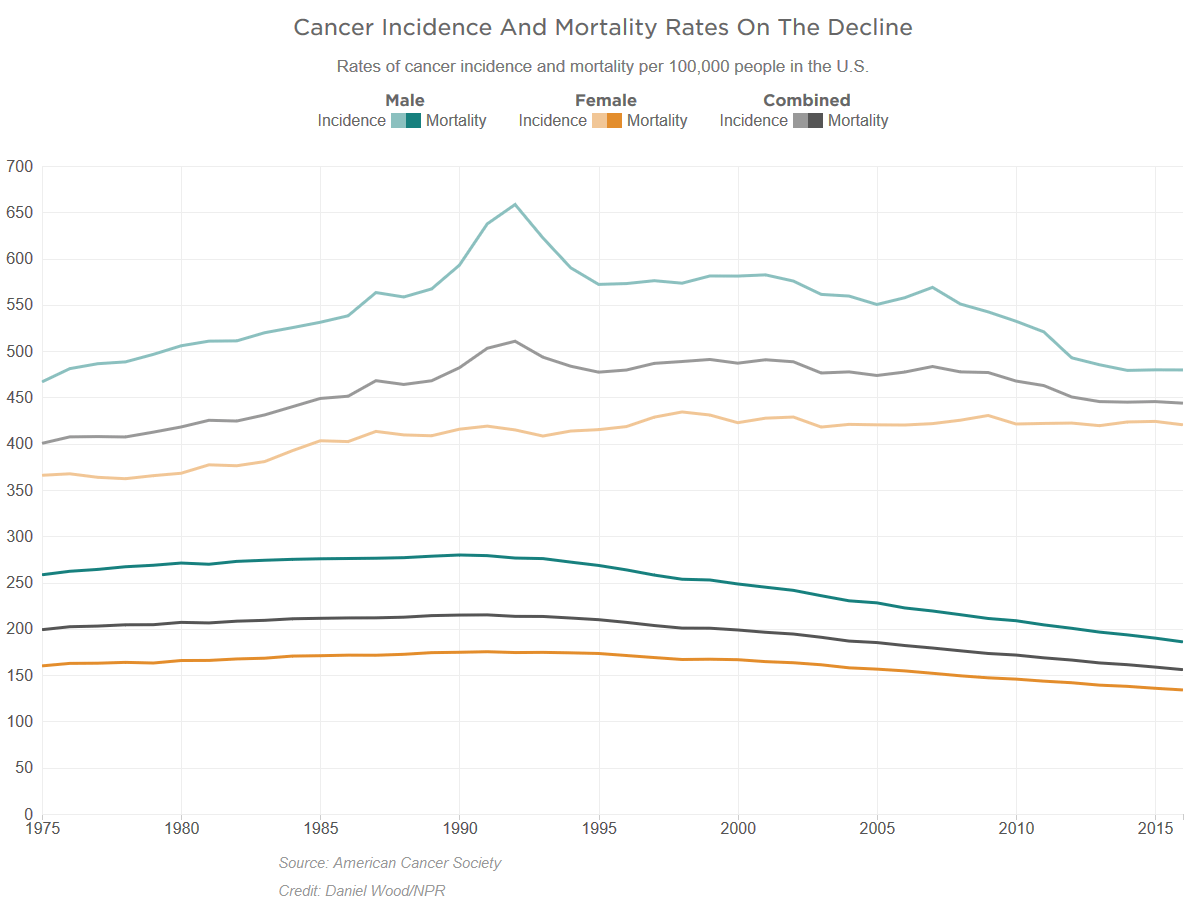Health Care Roundup: ACA Lawsuit Update; Why Drug Importation Is Unlikely to Work; Annual Cancer Statistics; End-of-Life Care; A.I. in the O.R.; More
Subscribe to our email list and receive these updates in your email box »
HEALTH CARE HIGHLIGHTS
Affordable Care Act (ACA) Lawsuit Update
Before Christmas, the Fifth Circuit announced its ruling in the ACA lawsuit, Texas v. US. The Fifth Circuit Court of Appeals, in a 2-1 opinion, upheld the District Court ruling that the individual mandate is unconstitutional. However, the Fifth Circuit remanded the case back to the District Court for a more careful consideration of the issue of severability. In effect, the Fifth Circuit directed the District Court judge to analyze each provision (including pre-existing condition protections) of the Affordable Care Act and determine whether it can stand, even if the individual mandate is considered unconstitutional. The District Court had previously ruled that the individual mandate was not severable from the ACA, so the entire ACA would be considered unconstitutional.
On January 3, a coalition of 20 Democratic Attorneys General filed a legal brief requesting that the Supreme Court immediately take up a challenge to the ACA, calling on the justices to decide the law’s fate on an expedited basis, before the presidential election in November.
NCCS joined with 24 patient groups in a statement endorsing the expedited Supreme Court review of the ACA case. View the statement »
Health Policy Experts Wary of Drug Importation Plan
In mid-December, the Trump Administration announced a plan to allow the importation of prescription drugs from Canada in an effort to reduce the cost of these medications.
Health policy experts are unconvinced that this strategy will help lower drug costs, or that it is even possible. Kaiser Health News reports that the plan is unlikely to work because Canada doesn't produce enough drugs, nor does it seem to be on board with exporting the ones it does have to America. Beyond that, experts say the president's plan will have little to no impact on what consumers pay for drugs. Politico outlines why importation is not the answer.
CHART OF THE WEEK
Progress On Lung Cancer Drives Historic Drop In U.S. Cancer Death Rate
National Public Radio (NPR)
The American Cancer Society released their annual Cancer Statistics report. The study found overall cancer mortality dropped 2.2% from 2016 to 2017—the largest drop ever recorded in one year—thanks in large part to improvements in certain lung cancer and melanoma treatments. However, progress against other cancers has slowed, mainly due to obesity and persistent economic, geographic, and racial disparities in cancer care.
American Cancer Society: "Cancer Facts and Figures 2020" »
WHAT WE’RE READING
Op-Ed: Immunotherapy, precision medicine in lung cancer drive sharp decline in cancer mortality overall
The Cancer Letter
Dr. Otis Brawley discusses the recent drop in cancer mortality described in the American Cancer Society report, attributing the decline to immunotherapy and precision medicine advancements in lung cancer.
A.I. Comes to the Operating Room
New York Times
Brain surgeons are using artificial intelligence (AI) to diagnose tumors accurately and much faster, according to a report in the journal Nature Medicine. "The new approach streamlines the standard practice of analyzing tissue samples while the patient is still on the operating table, to help guide brain surgery and later treatment."
My 92-Year-Old Father Didn’t Need More Medical Care
The Atlantic
Health policy expert Zeke Emanuel describes a hospital episode where his father received unnecessary interventions without taking the patient's or family's preferences into consideration.
New Kansas proposal breaks impasse on expanding Medicaid
Washington Post
Kansas Gov. Laura Kelly and state Senate Majority Leader Jim Denning announced Thursday that they have struck a bipartisan deal to bring Medicaid expansion to Kansas.
The expansion would make more than 100,000 Kansans eligible for health coverage through Medicaid. The plan does not include work requirements, but it does mandate a $25 a month premium for new enrollees—a detail that will require approval from federal regulators. Gov. Kelly’s goal is to pass the plan through the legislature this year so that new enrollees can begin coverage in January 2021.
WHAT WE’RE LISTENING TO
A renewed focus on health care in 2020
Detroit Today, WDET Radio
Julie Rovner of Kaiser Health News was interviewed by “Detroit Today” about how health care is playing out in the 2020 presidential campaign and concerns over changes brought by the ACA. The conversation included focusing on rising health plan deductibles, Democratic candidates’ battle over a “Medicare for All” plan and the growing concerns about surprise medical bills.
Related Posts
https://canceradvocacy.org/blog/health-care-roundup-dec-12-2019/
https://canceradvocacy.org/blog/health-care-roundup-nov-22-2019/




